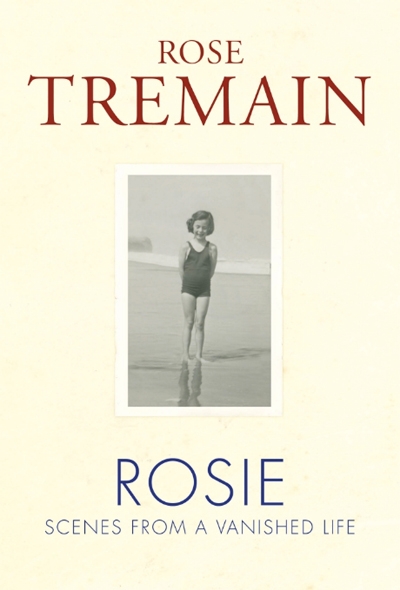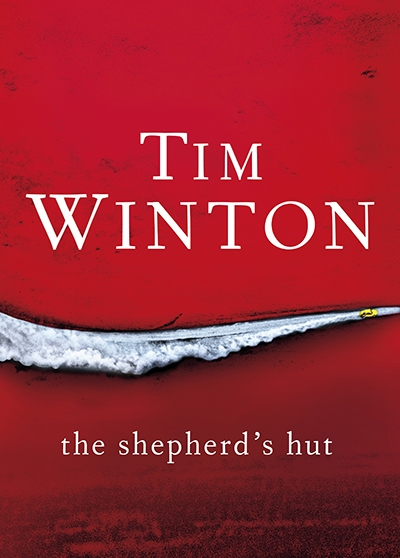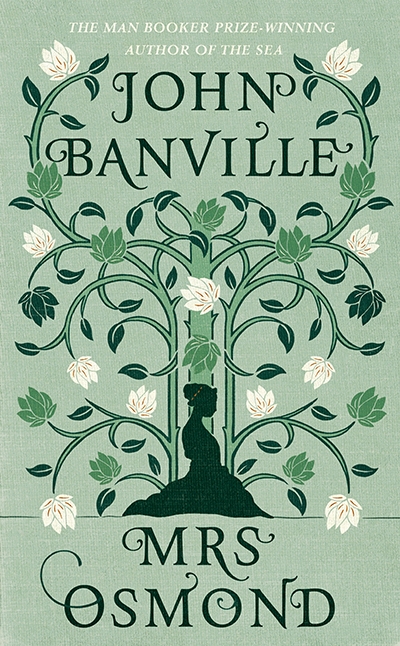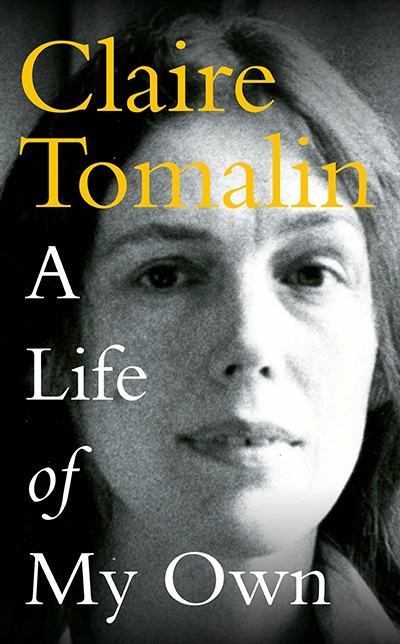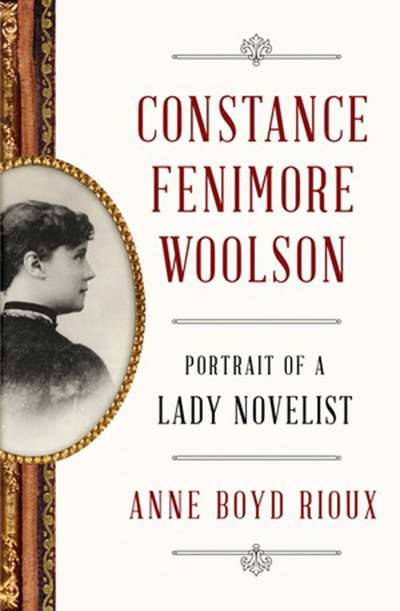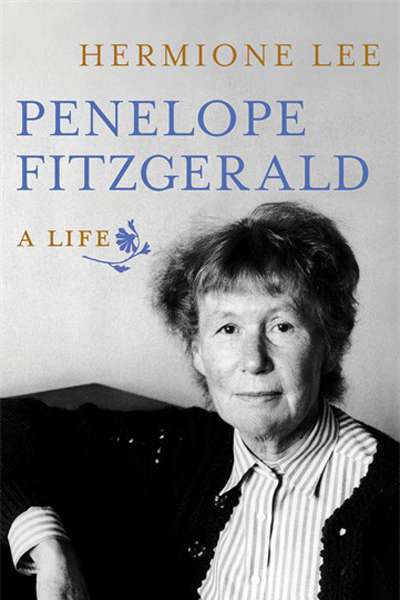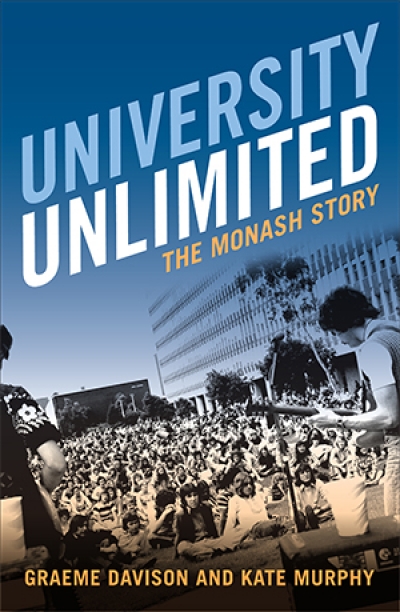Brenda Niall

Brenda Niall’s writing career began during her time as an academic at Monash University, where she was Reader in the Department of English. Since 1995 she has been writing full time. Her books include award-winning biographies Martin Boyd: A Life (1988), Georgiana (1995), The Boyds (2002), Judy Cassab (2005), and a memoir, Life Class (2007). Her book The Riddle of Father Hackett was shortlisted for the 2010 Magarey Medal for Biography. She is a frequent reviewer for The Age and ABR, and has been a guest at the Melbourne, Sydney, Adelaide, Brisbane, and Byron Bay literary festivals. In 2004 she was awarded an AO for services to Australian Literature. Her most recent books are My Accidental Career (2022), Can You Hear the Sea? My grandmother's story (2018) and Friends and Rivals: Ethel Turner, Barbara Baynton, Henry Handel Richardson and Nettie Palmer (2020).

